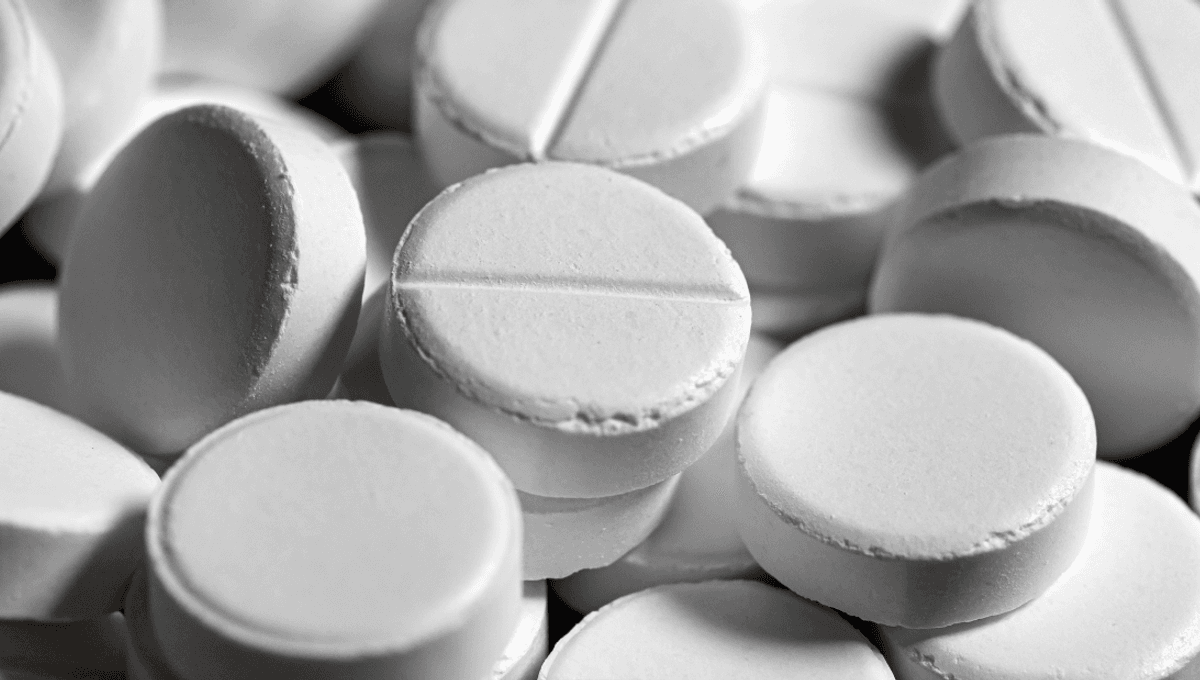
Paracetamol. Tylenol®. Acetaminophen. Whatever you call it, chances are you’ve had it. As one of the world’s most common drugs (though we only just recently figured out how it works), we produce tons of the stuff globally, but it may surprise and disappoint you to learn that it comes from fossils fuels. What if we could find a less harmful way to make the planet’s most popular pain relief? Enter: Escherichia coli.
Yes, that E. coli. The one that gets a bad rap as being the culprit behind massive outbreaks of dicky tummies. When it’s not making you sweat as you leg it to the bathroom, E. coli actually has many beneficial uses in industries ranging from biotechnology to cheese production. Now, it might be an unexpected superhero in tackling plastic waste.
In news that just seems just too damn convenient to make sense, a team of scientists from the University of Edinburgh’s Wallace Lab have announced that a genetically reprogrammed variant of E. coli can transform a stubborn component of common plastics into the active ingredient of paracetamol. The modified bacteria work their magic through fermentation in a process that’s not that dissimilar to beer production.
Plastic is an incredibly hardy, versatile, and frankly genius invention that’s enabled us to do so much, but we didn’t foresee when we churned out endless supplies of the stuff that the same thing that made it so damn resilient would also make it so hard to get rid of. Plastic pollution has spread to far flung environments and worked its way into living things (including us), so finding ways to get rid of it are high on the agenda.
One of the trickiest aspects of plastic recycling is polyethylene terephthalate (PET), which is widely used and hard to transform into anything useful without creating more environmental issues. However, when this modified E. coli was combined with terephthalic acid, which is derived from PET, 90 percent of what it created was paracetamol. Better yet, it produces virtually zero carbon emissions, making it more sustainable than existing methods of making the drug.
“This work demonstrates that PET plastic isn’t just waste or a material destined to become more plastic,” said Professor Stephen Wallace, lead author, UKRI Future Leaders Fellow and Chair of Chemical Biotechnology, School of Biological Sciences, University of Edinburgh, in a release. “It can be transformed by microorganisms into valuable new products, including those with potential for treating disease.”
The process still needs some tinkering before it’s ready to start popping out pills to a commercial standard, but it paints a promising picture for a greener future for the world’s most common pain relief, as well as a second life for that pesky PET as something that can do some real good.
“We are bringing in exceptional companies like AstraZeneca to work with Stephen and others at the University to translate these cutting-edge discoveries into world-changing innovations,” Ian Hatch, Head of Consultancy at EI. “Engineering biology offers immense potential to disrupt our reliance on fossil fuels, build a circular economy and create sustainable chemicals and materials, and we would invite potential collaborators to get in touch.”
The study is published in the journal Nature Chemistry.
Source Link: Plastic Trash? This Bacterium Can Turn It Into Paracetamol – AKA Tylenol®